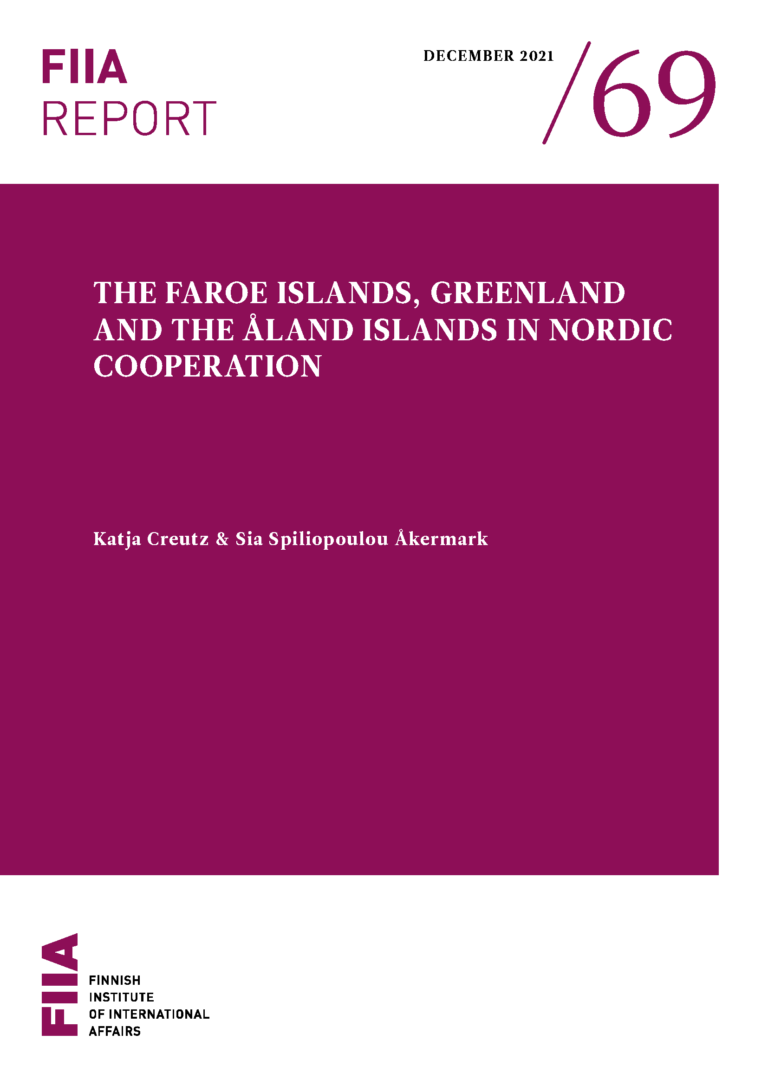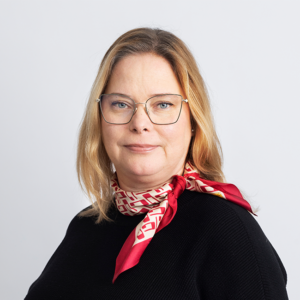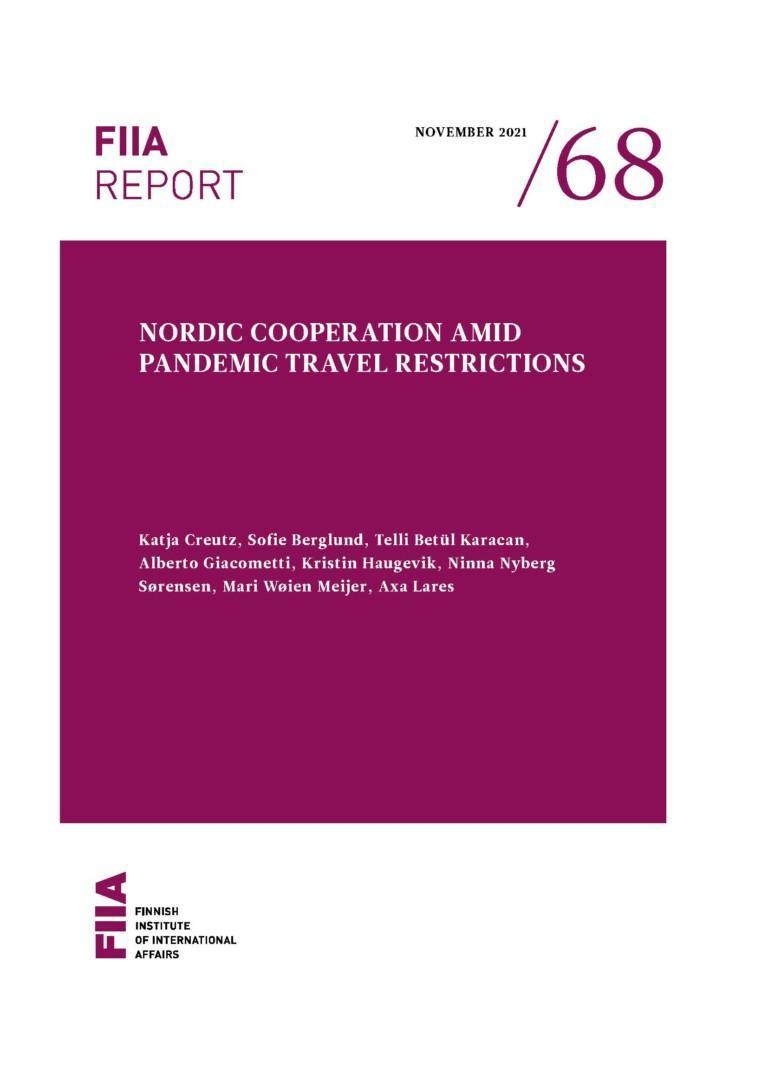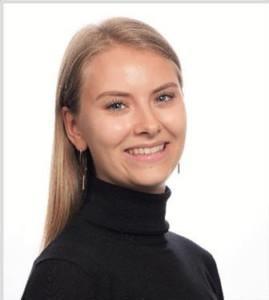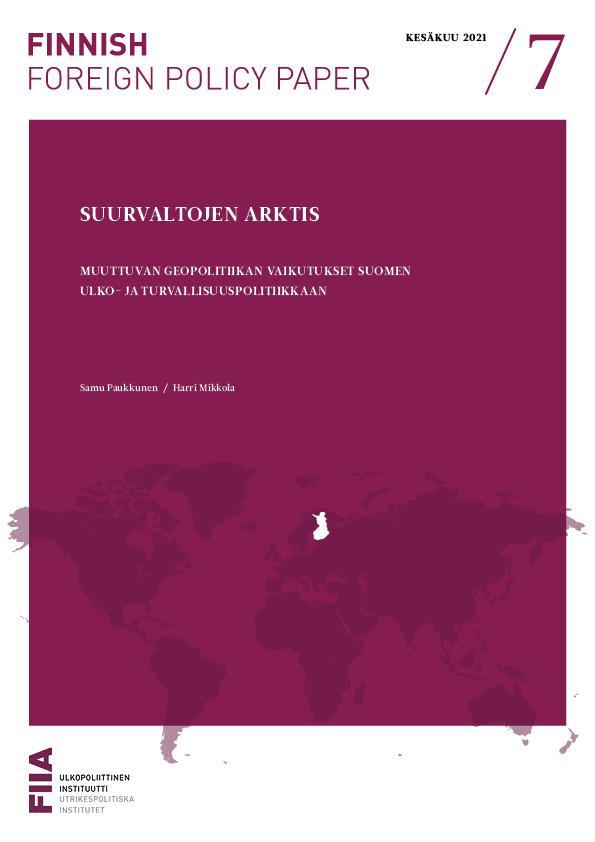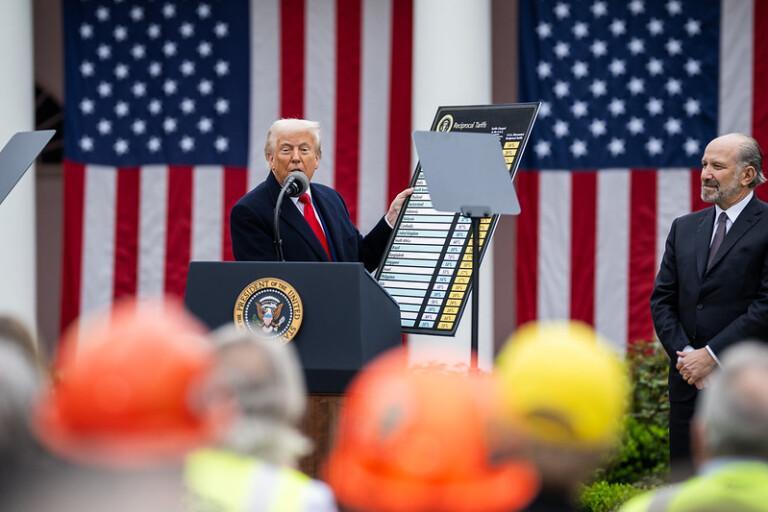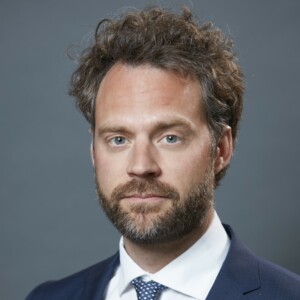
Nordic political cooperation, embodied by the Nordic Council and the Nordic Council of Ministers, encompasses the five Nordic countries and the Faroe Islands, Greenland and Åland. This long-standing regional cooperation functions as a model of inclusiveness and democratic sustainability as it strengthens the cooperation networks between all the jurisdictions with legislative competences and enables the participation of the three islands that do not enjoy formal statehood. The Faroe Islands, Greenland and Åland have for decades participated in the Nordic institutions, and their contribution to Nordic cooperation extends beyond niceties.
The participation of the Faroe Islands, Greenland and Åland in Nordic cooperation increases knowledge about different governance arrangements, peoples and rights. In addition, their substantive knowledge and expertise have played a decisive role in areas such as Arctic affairs and sustainability, with the protection of the environment high up on their agendas. Their participation is an incremental process, however, where the status of the Faroe Islands, Greenland and Åland in Nordic cooperation is entangled with national and international political and legal considerations. While all three seek parity, the Faroe Islands have appeared as the driving force for further integration into Nordic cooperation.


